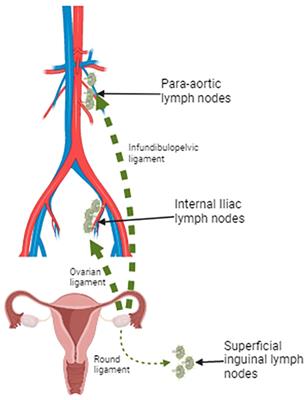EDITORIAL
Published on 09 Dec 2024
Editorial: Advances toward improved understanding and treatment of uncommon ovarian cancer types and subtypes
doi 10.3389/fonc.2024.1519252
- 412 views
10k
Total downloads
40k
Total views and downloads
EDITORIAL
Published on 09 Dec 2024
ORIGINAL RESEARCH
Published on 16 Aug 2024
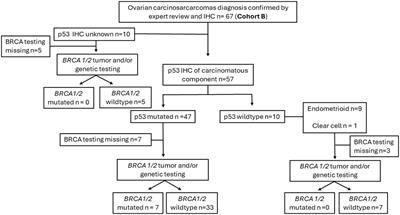
ORIGINAL RESEARCH
Published on 01 Aug 2024
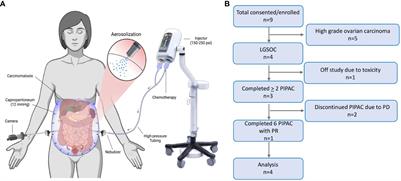
CASE REPORT
Published on 15 Jul 2024

REVIEW
Published on 04 Jun 2024
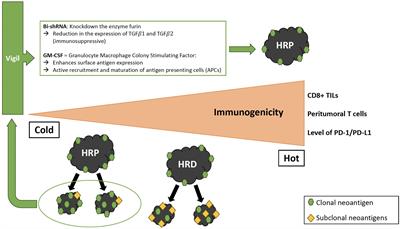
ORIGINAL RESEARCH
Published on 24 May 2024
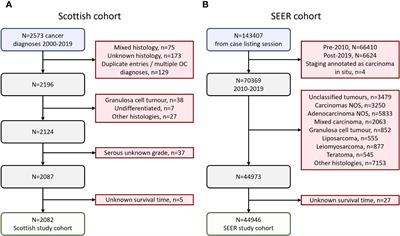
REVIEW
Published on 25 Apr 2024
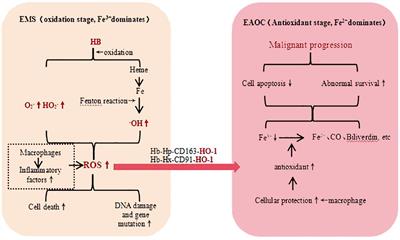
ORIGINAL RESEARCH
Published on 21 Mar 2024
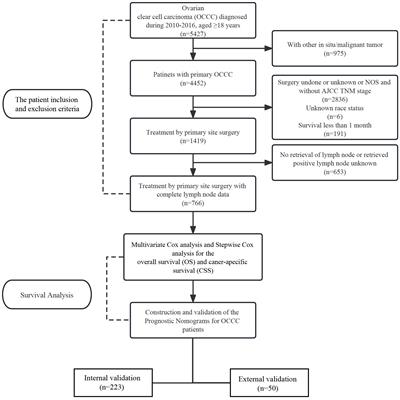
ORIGINAL RESEARCH
Published on 07 Mar 2024
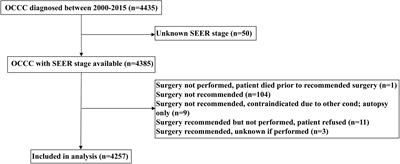
ORIGINAL RESEARCH
Published on 14 Feb 2024
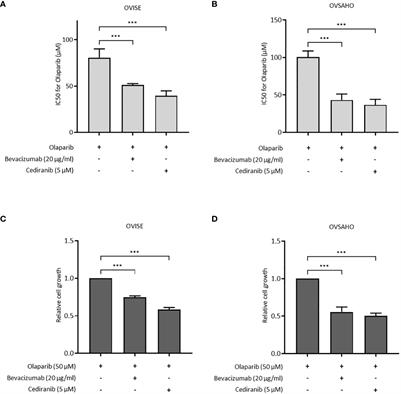
REVIEW
Published on 07 Feb 2024
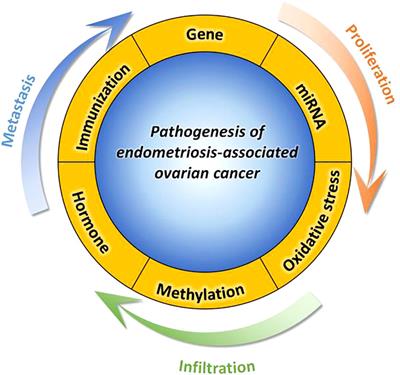
CASE REPORT
Published on 02 Feb 2024
